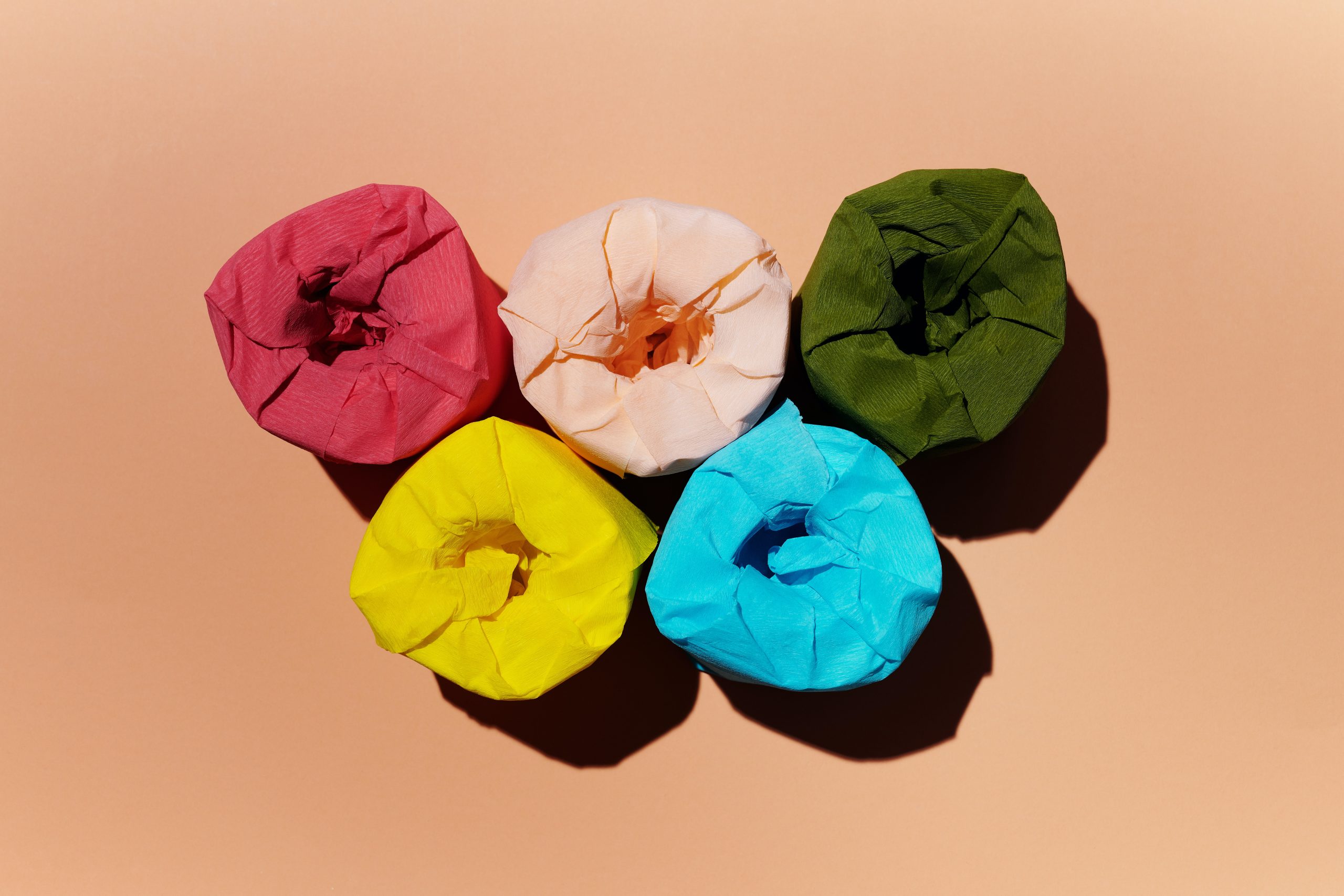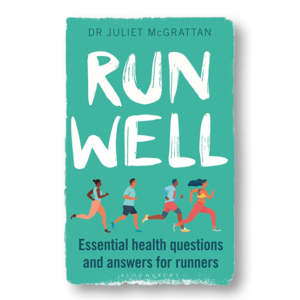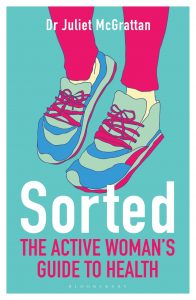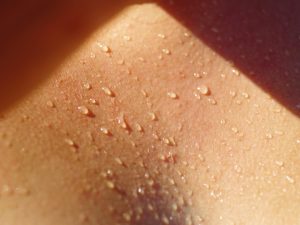Yes, it’s me again, covering the topics no one else wants to talk about! After 16 years as a GP there really aren’t any subjects that are off limits. Today it’s the turn of haemorrhoids, more commonly called piles. Does running give you piles? If you’ve got piles is it ok to run? How can you manage piles and keep enjoying your running?
People are often hesitant to seek help for what, in the grand scheme of things, seem small. But it’s often those small problems that cause the most issues. If they stop you running then they’re stopping you being active which is a huge potential health problem. The ‘small’ things are also very often embarrassing and taboo topics. Let’s tackle piles and running.
What are piles?
Piles are fleshy lumps of tissue and blood vessels which form at your anus. They can be tucked away inside (internal piles) or they can extend to or form at the outside (external piles). They can be small and painless or they can be large and problematic. Symptoms of piles include:
- Pain – during and after pooing (ouch) and after being on your feet for a while.
- Swelling – you can feel lumps at and just inside your anus
- Itch – piles can be very itchy
- Bleeding – even small piles can bleed, the blood loss can be heavy.
*Don’t self-diagnose. If you have unexplained lumps or bleeding from your bottom, see your GP.*
What causes piles?
Anyone can get piles but they’re usually linked to an increased pressure in the blood vessels in the rectum (lower bowel). Piles are therefore more common if:
- You are pregnant or have recently given birth.
- You are constipated and strain on the toilet.
- You frequently have diarrhoea.
- You sit for long periods of time.
- You stand for long periods of time.
- You are overweight.
- You have a long term cough.
- You do lots of heavy lifting.
- Piles run in your family.
Does running cause piles?
Being on your feet for a long time and vigorous activity can both increase the pressure in the blood vessels in your rectum. Endurance running therefore can potentially cause or worsen piles. The other thing to bear in mind is that constipation is an important cause of piles. Exercise does help to ease constipation and therefore reduce the risk of piles but if you’re running for a long time, it’s easy to become dehydrated. Dehydration makes constipation more likely.
Tips for running with piles
Piles usually shrink and resolve on their own but they can be pretty miserable and interfere with your running.
Here are some top tips to manage piles and running:
- Eat a diet rich in fibre to help the stools pass smoothly through your gut.
- Drink plenty of fluid, especially after a long run.
- Avoid sitting for long periods of time, get up and move around every 30 minutes.
- If piles are throbbing after a long run, lie down for an hour, a cold pack can help to relieve pain.
- Use creams from your pharmacist to help soothe piles and reduce itching.
- Apply a barrier cream such as Sudocrem to protect the delicate piles from sweat and chafing during a run.
- Clean and thoroughly dry your bottom after a run and apply pile cream.
- See a doctor for a diagnosis, if piles are not resolving and if symptoms are worsening.
Should you keep running if you have piles?
Exercise is good and helps to keep you healthy. Specifically in terms of piles, it reduces constipation which is an important cause of piles. If your piles are small and aren’t causing you many problems, then it’s ok to run. If they’re frequently bleeding and causing you lots of pain, you might need a short spell off running until they shrink a bit and become less inflamed. Sometimes the decision is easy and walking is hard so running is out of the question! Just be guided by your body. Piles can come and go and you might go through periods where shorter runs are ok but you suffer after a longer run. It’s a very individual thing. It can be hard to get the right balance but remember piles usually shrivel and go eventually.
Follow the top tips for managing piles above and if things aren’t improving then see your doctor. Occasionally, persistent and problematic piles need surgical treatment. Remember not to self diagnose and if you have bleeding from your back passage you need to be checked out to rule out serious conditions such as bowel cancer. Please don’t put off making an appointment because of embarrassment – honestly, your doctor has seen it all before.
For more information and tips on embarrassing health problems and running check out my book, Run Well: Essential health question and answers for runners, published by Bloomsbury and available from all good booksellers.
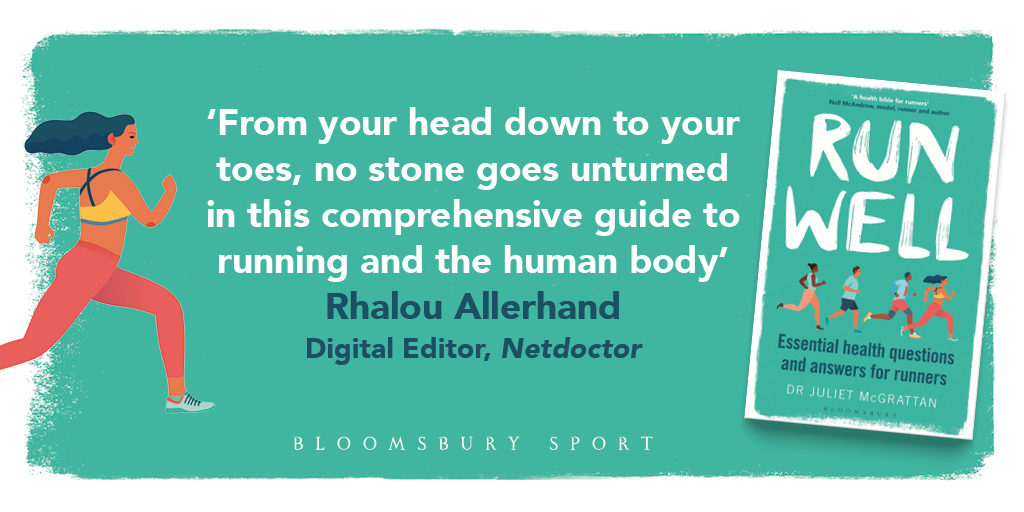
Featured Image: Photo by Edward Jenner from Pexels

